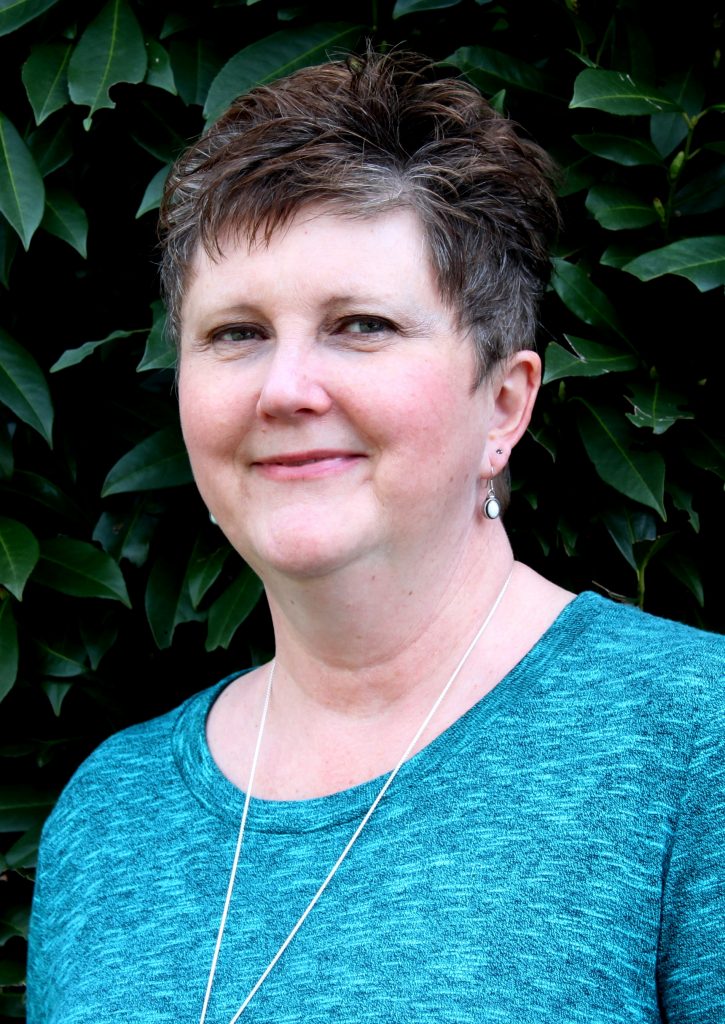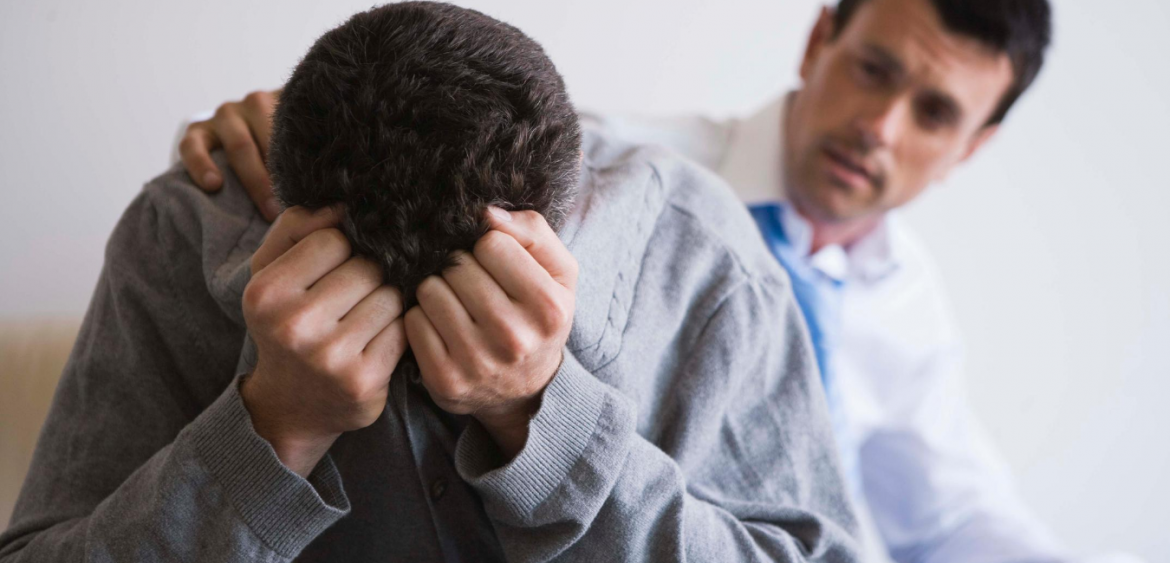
Roberta Rook, MA, LCPC
Most hospice organizations offer some level of grief support in alignment with the Medicare Hospice Benefit that allows up to 13 months of support to family members after their loved one’s death. Many families begin the grief process with hospice interdisciplinary teams even before their loved one passes away.
An increasing number from the community, however, seek help from grief professionals after a sudden loss. This includes people grieving someone who died from substance misuse, suicide, accidents, and sudden illness such as COVID-19, cardiac arrest and undiagnosed advanced-stage cancer. With little exception, the families had no time to even consider death, much less prepare for it. They didn’t have a chance to say goodbye.
Adapting to the reality of sudden loss can take much longer. Often, survivors must address traumatic symptoms, while also learning to navigate their grief. Many sudden deaths have a component of perceived prevent-ability: If only he had gone to rehab; if only he exercised more; if only she didn’t drive that night. This is a major complicating factor in reaction to sudden or traumatic death. It is common for survivors to replay the circumstances leading up to the death, which exacerbates feelings like guilt and anger. Additionally, suicide, homicide and overdose deaths can carry a stigma that complicates the grieving process. If the loss is perceived as preventable based on bad choices, survivors can feel ostracized and lack the social support they need to cope.
 For all these reasons, people experiencing sudden loss should seek bereavement support services from practices that are supported by trauma-informed counselors. Support groups that focus on sudden loss, including groups that focus on specific types of sudden loss, can be especially helpful. Survivors can go through their daily life just holding their breath, afraid of what others may think or say. These groups give them a safe place to exhale, to share honestly about their own experience, and to be among others who understand and empathize with the stigma, guilt and anger of coming to terms with their loved one’s sudden or unexpected death.
For all these reasons, people experiencing sudden loss should seek bereavement support services from practices that are supported by trauma-informed counselors. Support groups that focus on sudden loss, including groups that focus on specific types of sudden loss, can be especially helpful. Survivors can go through their daily life just holding their breath, afraid of what others may think or say. These groups give them a safe place to exhale, to share honestly about their own experience, and to be among others who understand and empathize with the stigma, guilt and anger of coming to terms with their loved one’s sudden or unexpected death.
Survivors can go through their daily life just holding their breath, afraid of what others may think or say.
To find help or help someone you know begin to cope with a sudden loss, reach out to the Chesapeake Life Center. Call 1-888-501-7077 or email griefinfo@chesapeakelifecenter.org. If you’re not in our area, you can find a counselor, practice or support group by reaching out to your local hospice organization or crisis-response center.



